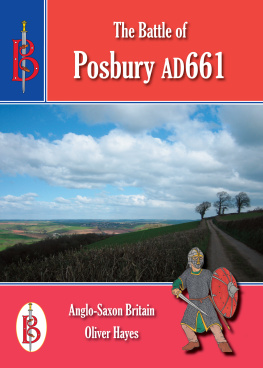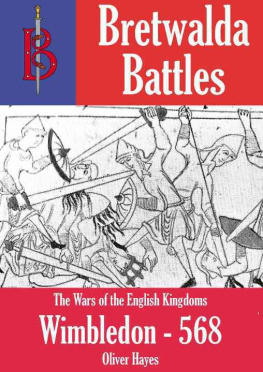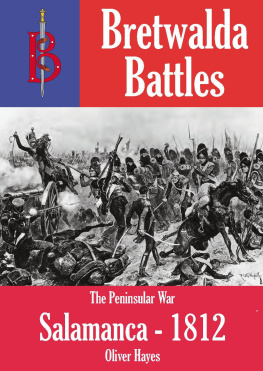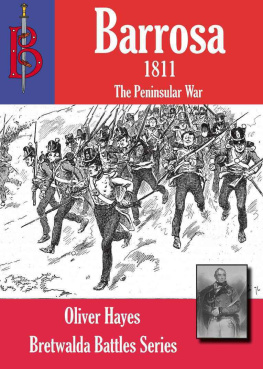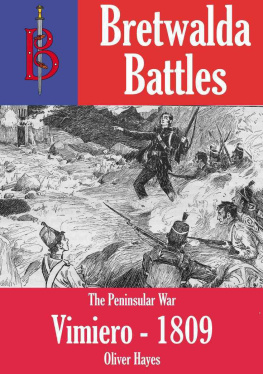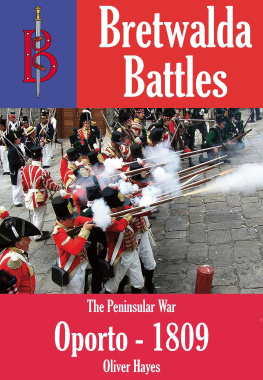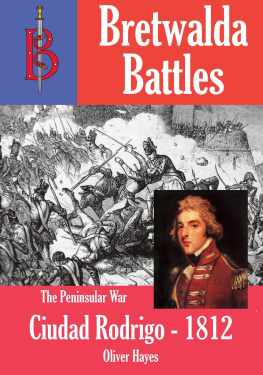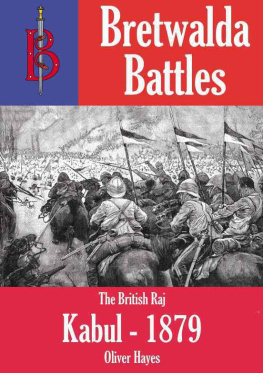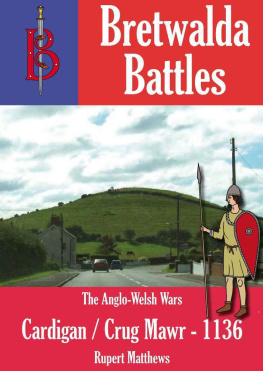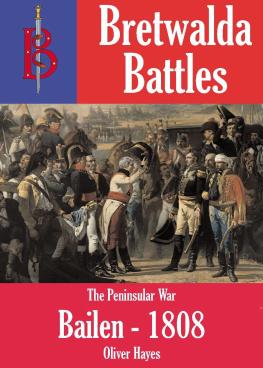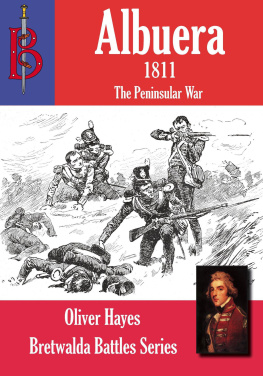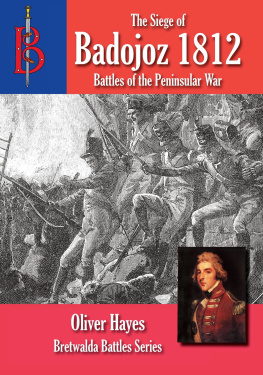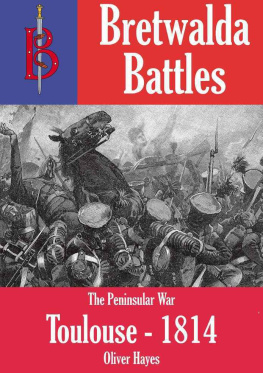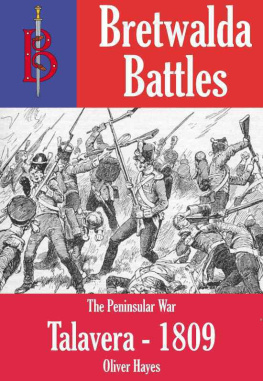Bretwalda Battles
The Battle of Posbury
Anglo-Saxon Britain
by Oliver Hayes
Published by Bretwalda Books
Website : Facebook : Twitter : Blog
This ebook is licensed for your personal enjoyment only. This ebook may not be re-sold or given away to other people. If you would like to share this book with another person, please purchase an additional copy for each person. If you're reading this book and did not purchase it, or it was not purchased for your use only, then please purchase your own copy. Thank you for respecting the hard work of this author.
First Published 2016
Copyright Bretwalda Books 2016
Oliver Hayes asserts his moral rights to be regarded as the author of this work.
Contents
- Background to Battle
- The War
- The Commanders at Posbury, their , Weapons and Tactics
- The Battle of Posbury
- Aftermath
- The Battlefield Today
Background to Battle
The bloodshed at Posbury - now a charming little village in southern Devon, was great enough for the event to get itself written into the history books. Even two centuries later the memory of the battle lingered in drinking songs and epic poetry sung by the descendants of those who fought there.
And yet today very little is known about the slaughter that took place on these scenic Devon hills. The only firm evidence on which all historians can agree comes in the form of a terse statement written into a chronicle compiled in around the year 880 by a team of monks, perhaps in Winchester, who were writing a history of the English.
Under the year 661 the monks recorded: "Cenwahl fought at Easter at Posentesbyrig." And that is it. That simple sentence is the only reference to the Battle of Posbury that has survived the centuries. Fortunately we know a lot more about Cenwahl and about Posbury, allowing us to put the evidence together to get a pretty clear idea of what went on and why it took place.
Discovering the truth about the battle at Posbury is as much a detective story as it is a history book. It is a journey that takes us back to the year ad661, when Great Britain was a very different place to the peaceful and united island that we know today.
We are accustomed to thinking of the four nations of Great Britain as being the English, the Welsh, the Scottish and the Cornish. Politically they are all now part of the United Kingdom (along with Northern Ireland) and while the Scots and Welsh have their own devolved parliaments, the English and Cornish have been denied this.
Back in 661, however, the political scene was very different. Britain was divided up into a number of different states. Ethnically these states can be divided into an assortment of English kingdoms, several principalities speaking a form of Brythonic Celtic, independent tribes speaking Goidelic Celtic and the Picts. Of these the Picts lived far to the north in the Scottish Highlans and the Goidelic Celts to the west in Ireland. Neither touch our story.
More relevant at the English and Brythonic states. It was two of these that fought at Posbury. There were several different English kingdoms and Brythonic states, all of them descended one way or another from the shattered remnants of late Roman Britain. In some cases it is easy to trace the development from Roman province to English Kingdom. The Kingdom of Kent, for instance, shares the same boundaries and name as the Roman area Cantium, while further north English Lindsey derived from Roman Lindum (now Lincoln).
It is not so obvious how some other later states relate back to the days of Rome, and that story is a source of endless speculation, dispute and back-stabbing among historians. What is clear, however, is that by the time of the Battle of Posbury Britain was divided into a number of states that were more or less independent of each other. They were linked by trade, alliances and dynastic marriages as much as they were divided by rivalry and intermittent warfare.
The English and Celtic states south of the Humber were also linked together by the enigmatic institution of the "Bretwalda". The word means "Wide Ruler", or more colourfully "Big Boss". The ruler who held the title of Bretwalda had some form of vague and ill-defined superiority over the others. We do not know what rights or duties the Bretwalda had in relation to other rulerus, but it was real enough. A later Bretwalda had himself rowed up the River Dee by eight of his fellow rulers as part of his coronation ceremony. Whatever powers the Bretwalda had must have been real enough for eight kings to humble themselves in this way.
Turning now to the situation in 661 and the men who fought at Posbury, there are three states that are relevant to our story.
The Cenwahl mentioned as fighting at Posbury was the King of Wessex, an English kingdom. Wessex was at this date a medium-sized state in British terms. It had its heartland in what are now Hampshire and Dorset, but stretched north to the upper Thames Valley and include Bath, Gloucester and Cirencester as well as the southern bank of the Severn Estuary.
The extent to which Wessex was a united state at this time is unclear. There are some indications that it was more of an alliance between different peoples, the West Saxons proper of Hampshire and the Gewisse of the upper Thames Valley. However, this might be more apparent than real as the sources for the internal politics of Wessex are somewhat vague.
Wessex included some fertile farmlands and controlled much of the trade into Britain from Europe through the ports of Southampton, Portchester and others along the south coast. We know that men from Wessex traded as far as the Loire and it is likely that they ranged as far to the east as to the west. This made Wessex wealthier than its size would indicate.
Posbury was then part of the Brythonic state of Dumnonia. So while Cenwahl's opponents are not named, it is almost certain that they were the Celts of Dumnonia. At this date Dumnonia include Cornwall, Devon and parts of Somerset as far east as the River Parrett. Like Wessex it encompassed productive farmland, but also had another source of wealth in the lucrative tin mines of Cornwall and Dartmoor.
Dumnonia would have inherited from its Roman forebears a quasi-democratic system under which the citizens - all men - would have elected a council that dealt with government duties such as defence, road repairs, water supplies, town walls and such like. In practice the council would have been in the hands of the richest and most powerful men - bribery being an accepted part of Roman political life.
To what extent this system survived the fall of Rome is unclear. By around the year 500 Dumnonia was in the hands of a military hard man named Constantine. This rather unsavoury character entrenched his power by dressing up as an abbot and murdering two noble youths while they prayed in church. It is presumed that any pretence at democracy had vanished by this date, so by the 660s Dumnonia was probably run in similar fashion to the Welsh principalities.
It would appear that the ruler of Dumnonia in 661 was a man named Cwlfyn ap Petroc, often named as Culmin in English sources. Very little is know of this man other than that he came to power around the year 650.
Dumnonia also had a functioning religious system of priests and monasteries, supervised by the Bishop of Exeter. In 661 these bishops did not acknowledge the Archbishop of Canterbury as having any power over them. They viewed Canterbury as being the head church of the English, not of the Celts. Indeed, they went further and denied that the Pope in Rome had any real authority over them. Exeter, along with other Celtic diocese, calculated Easter differently to Rome and had a number of other doctrinal differences.




